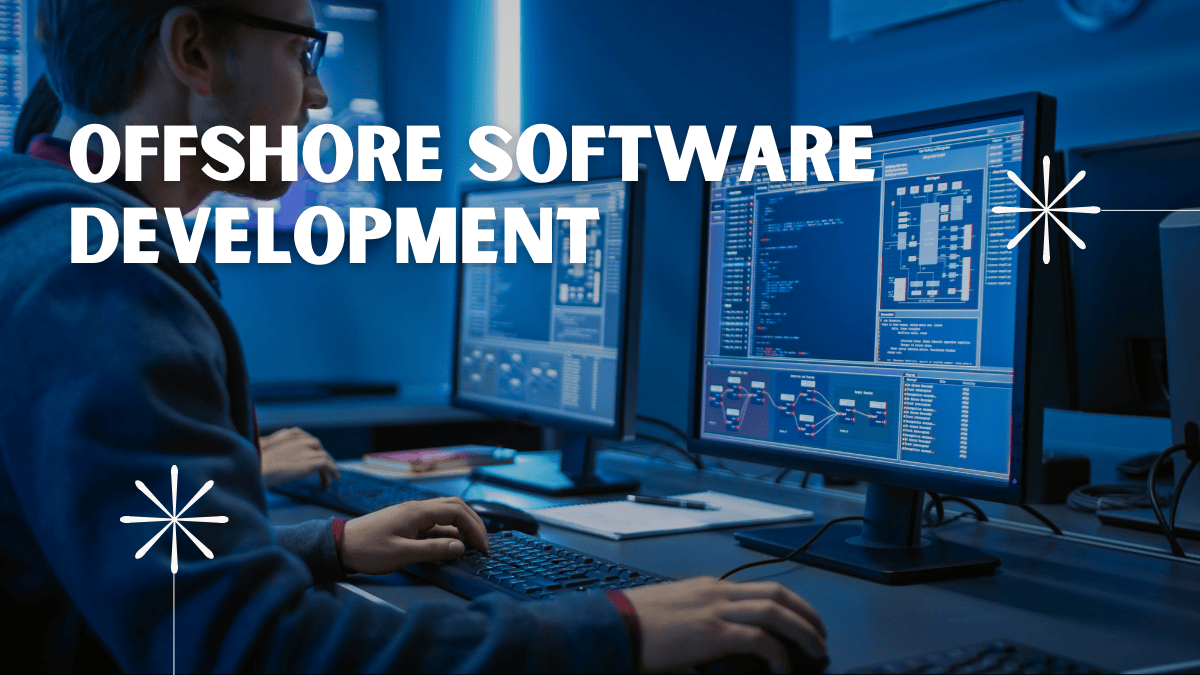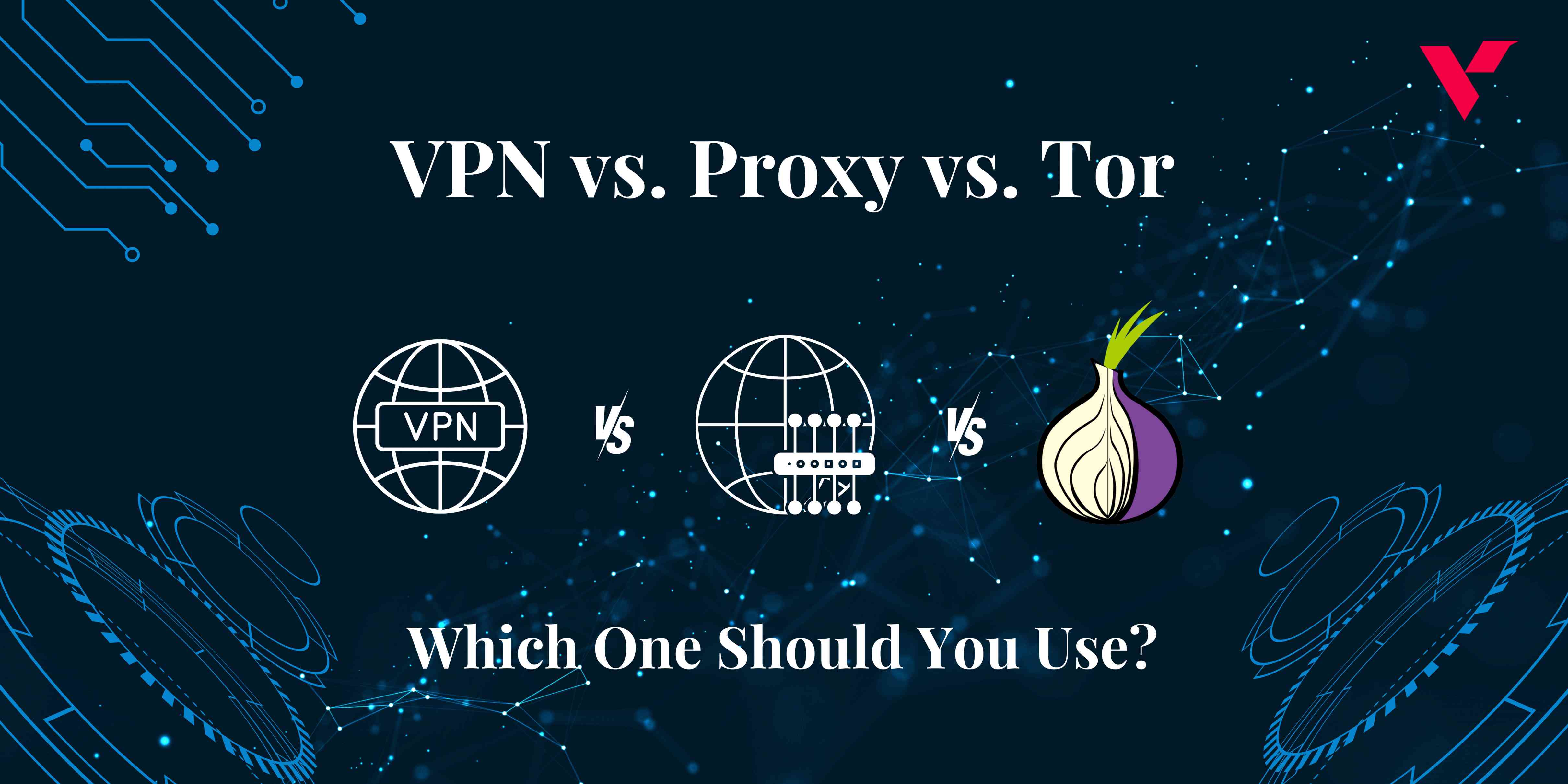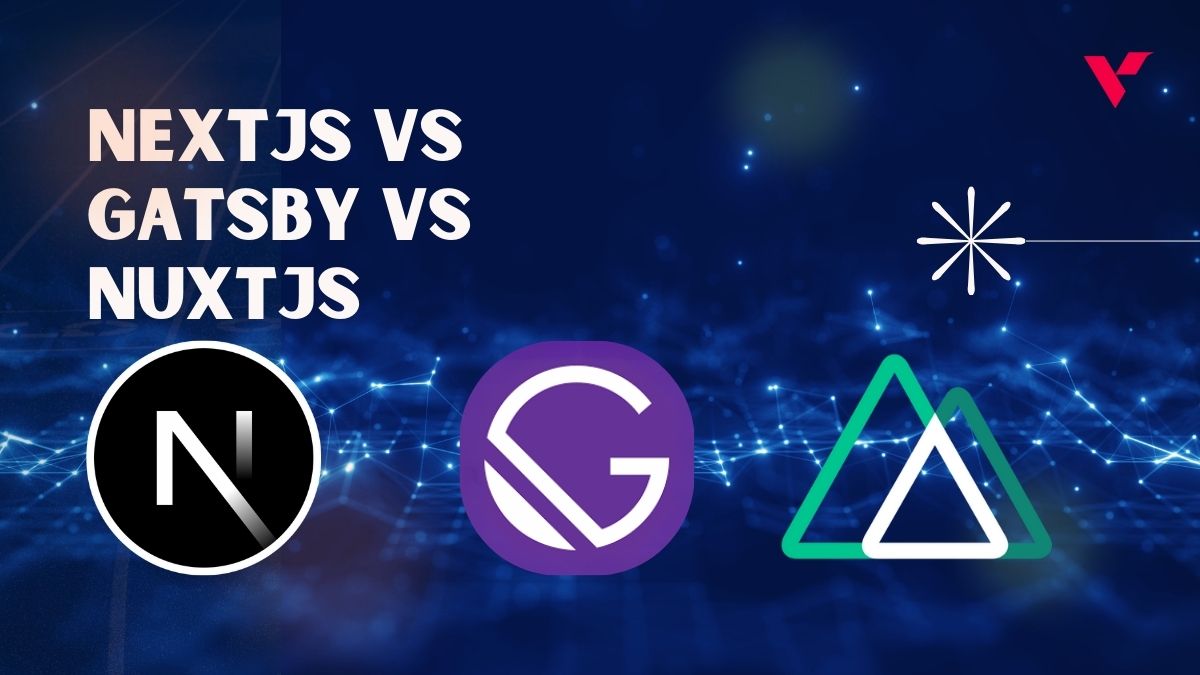Popular Tools by VOCSO
Bare metal servers are the ones that allow users to rent a single server from the cloud provider and offer dedicated access to the resources, unlike shared hosting. As the resources are meant to be used by only one user, hence it is an ideal option for running resource-intensive applications that need good database performance, reduced overhead issues, low latency responses, flexible ways to configure the hardware as per the specific requirements, high computation power, memory, etc. So, which applications run smoothly on these servers? Let’s find out here.
Table of Contents
Understanding Bare Metal Servers
What is a Bare metal server? Bare metal servers are dedicated servers known for their exceptional performance and outstanding security. They refer to cloud services where the user gets complete access to the server and its resources, such as hardware configurations, operating systems, memory, etc. The user can rent the physical machine from the service provider without sharing the resources with any other users. Due to their special combination of control and performance, these are among the preferred options selected by many companies.
Unlike cloud computing, these servers do not have a hypervisor preinstalled, giving the user full access. The benefits of using the bare metal servers include:
- Excellent processing power
- Complete control of the server and its resources
- Advanced physical isolation and regulatory advantages
- No sharing of the server or resources, resulting in enhanced security
- Due to a lack of overhead virtualization, these servers can function more efficiently, offering brilliant performance
With the predictable pricing, one never has to worry about the rate fluctuations due to the usage
Who can benefit from bare metal servers? These servers are ideal for a wide range of entities, including SMEs and large enterprises, high-traffic sites, e-commerce platforms, gaming companies, cloud service providers, companies with strict security requirements, media and entertainment establishments, testing and developing environments, and research centers. However, it’s essential to understand which applications perform better on bare metal servers to maximize their benefits. Let’s explore these applications in more detail.
High-Performance Computing (HPC)
HPC or high-performance computing refers to the capability to process data and execute complicated calculations at speedy rates. It forms the foundation for industrial, scientific, and societal advancements. In layman’s terms, data processing and faster calculations help complete tasks at excellent speed globally.
From streaming a live event to testing new products, processing data in real time is essential to getting accurate results. HPC helps with these tasks, and companies look for reliable IT infrastructure to store, process, and analyze such data without any hassles.
For HPC, three major components are required: compute, network, and storage. Given the high processing power, dedicated hosting server, and low latency needed, a bare metal server stands out as the best option. It offers resources to a single user, providing complete control over processing power, security, storage, and other hardware systems. This unique feature makes it an ideal choice for HPC applications in various industries including:
- Media and entertainment
- Healthcare
- Oil and gas
- Aerospace industry
- Genome sequencing
- Augmented reality and virtual reality
- Cancer Diagnosis
- Pharmacology
Enterprise Applications
Enterprise applications refer to the platform of software systems meant for working in business setups to mitigate issues and manage processes. These applications are crucial for running a successful business, as they offer improved efficiency, better customer experiences, increased productivity, help make profitable business decisions, reduce production expenses, etc.
The different enterprise applications are responsible for handling and processing large volumes of data with ultimate accuracy to support the complicated business architecture. Here are a few types of enterprise applications for reference:
- Customer Relationship Management: (CRM) plays a significant role in managing the company as it helps with data processing, customer interactions, etc. Organizations mostly use this for gathering customer information while decreasing the amount of time their employees spend on daily tasks. Other functions include forecasting, data collection, contact management, policy management, automated workflow, quote-to-order options, analytics, integration, conversions, report generation, etc.
- Enterprise Resource Planning: (ERP) systems are a cornerstone of large enterprises. They are renowned for their ability to integrate procurement, streamline human resource processes, manage accounting, marketing, finance, etc. These modules are interconnected, ensuring seamless data distribution. ERP systems are actively benefiting industries such as healthcare, finance, law, retail, architecture, hospitality, etc. They are customized to simplify daily tasks, generate reports and timesheets, and improve resource allocation to save time. Other functions include workflow management, product life cycle improvement, data analytics, reporting, schedule operation, marketing campaign management, data analysis, budget tracking, automation, cash management, legal compliance, real-time display of data, etc.
- Supply Chain Management Systems: (SCM) help businesses convert raw materials to the final deliverable while saving company resources and time. By streamlining processes, SCM makes the everyday jobs of managers, manufacturers, suppliers, and retailers hassle-free and convenient. Some aspects include preparing raw materials, warehouse management, return management, manufacturing, inbound logistics, etc.
Artificial Intelligence and Machine Learning
Artificial intelligence refers to software capable of mimicking human behavior and having cognitive abilities to perform complicated tasks that humans can do, like language translation, making decisions, data analysis, etc. In other words, AI is all about automating tasks that require human reasoning, not only following instructions but also learning from interactions to deliver tasks efficiently and with improved performance.
AI is the umbrella term that covers a lot of subfields like:
- Machine learning is a subset of AI where statistical algorithms are developed based on data sets to perform specific tasks, eventually developing machine learning models without explicit instructions. ML is widely used in computer vision, speech recognition, natural language processing, agriculture, email filtering, medicine, etc.
- Neural networks, a method used in AI, teach computers to process data in a way that mimics the human brain. This form of machine learning, known as deep learning, uses a layered structure that resembles the human brain. It is particularly useful for solving complex problems with high accuracy and speed.
- Real-time analytics, a key application of AI, provides businesses with valuable data insights. By using AI to handle large volumes of data, these systems can help companies make trading decisions more easily. They are designed to automatically respond to events and can be set to operate continuously or on-demand as needed.
The AI infrastructure is complicated and requires dedicated hardware, high power, and real-time performance. As bare metal servers offer raw processing power due to the absence of overhead of virtualization, hence it is ideal for AI models to function at high efficiency resulting in faster and accurate predictions.
Big Data and Analytics
Big data analytics refers to the methods involving uncovering patterns and correlations while analyzing massive amounts of raw data, often referred to as Big Data. These procedures use statistical analysis strategies like regression and clustering to work on extensive datasets. Therefore, adopting Big Data projects can be challenging for many organizations. In that regard, bare metal servers are the best option for companies to deal with complicated big data infrastructures as they offer high throughput, excellent performance, and large storage capacity.
The primary goal here is to deliver exceptional customer experience and reduce costs, making existing processes streamlined and, more efficient and better-targeted marketing. Here are a few things to know about Big Data and Analytics:
- Data warehousing, a crucial component for storing and analyzing data, empowers companies to make better decisions. As the company’s data warehouse processes data from diverse sources like relational databases, transactional systems, etc., it supports business intelligence activities, facilitating analyses and searches that contain large volumes of historical data.
- The data analytics platform is an ecosystem of technologies and systems that can perform analyses related to complicated and dynamic data. It helps in retrieving, interacting with, and combining data from various sources to offer comprehensive analysis and turn each data point into actionable insights for better outcomes.
- Real-time data refers to the processes responsible for processing data points instantaneously and storing them for review or reporting. It helps businesses interpret data and thereby make informed decisions appropriately. It is also used for increasing agility, identifying anomalies within the system, and sending fraud alerts.
Gaming Applications
Gaming companies focus on using bare metal servers to create a robust platform for gaming enthusiasts. Data-intensive applications need low latency, high performance, and scalability, making bare metal servers the ideal choice for running gaming apps. These are cost-effective solutions that offer faster deployment and increased security. These dedicated servers provide a single-tenant environment, which makes it suitable for running CPU-intensive games along with other latency-sensitive apps.
With stability and performance, these servers also help users make configurations per their requirements. Gaming developers can mix both virtual and server infrastructure for better performance. In the multiplayer environment, server response time is crucial. The bare metal servers are known for their response time as they offer complete control over the resources and environment, making it easier for gaming applications to deliver excellent digital experiences to the players.
Real-Time Applications
Still wondering what applications run best on bare metal? Real-time apps are the ones that use bare metal metals for minimal latency, instantaneous data processing, and high availability. These applications can do that immediately within a time frame, analyzing the data as and when it happens.
The real-time apps can only rely on event-driven architecture, which is necessary for streaming data within a specific time. They can efficiently process large volumes of data while taking immediate action to mitigate the issues instantaneously. As there are real-time notifications, it helps businesses to make data-driven, informed decisions without wasting any time. Some real-time applications that run on bare metal servers include live streaming sites, e-commerce apps, online gaming, video conferencing, financial applications, geolocation, business intelligence, team collaborations, etc.
Why Are These Applications Better Hosted on Bare Metal?
Why select bare metal servers to host these applications? If you are still looking for justifiable answers, here are a few comparisons to consider:
Bare metal servers are the best option for those who need high server performance or run resource-intensive apps. Compared to virtual machines, dedicated servers offer better performance as the user has complete control over the resources. They also allow the user to customize the server configurations due to direct hardware access and no virtualization overhead to meet their needs.
Dedicated servers offer physical backup control and keep your critical data in-house without any third-party intervention. These provide affordable solutions, unlike cloud hosting, which incurs a hefty cost for data recovery. On the other hand, bare metal servers are known for their scalable options, offering flexibility in server configuration due to single-user access to the resources.
Bare metal servers are the best option compared to shared hosting. They can run high-traffic websites smoothly while enhancing overall performance due to direct hardware access. Shared hosting can lead to slower load times as the resources are shared, while dedicated hosting offers excellent performance and loading speed during peak traffic periods.
Conclusion
Whether you deal with Big Data or need a resource-intensive environment to run your games, the first thing to research is the server. Unlike shared hosting or cloud hosting, bare metal servers offer the best solution for running these applications with improved performance, lower latency, flexibility, scalability, and advanced security.
FAQs Section
What are bare metal servers best used for?
Bare metal servers are best used for High-Performance Computing, Content Delivery Networks, Machine Learning and AI Workloads, Resource-Intensive Web Applications, Security-Sensitive Applications, Network Infrastructure and Virtual Network Functions, Real-Time Applications, Big Data and Analytics, Gaming Applications, etc.
Can bare metal servers handle AI and ML applications?
Bare metal servers are known for tailoring the hardware and software systems according to needs, and such control helps run AI and ML applications efficiently. Due to their performance, reliability, and scalability, bare metal is best for AI and ML infrastructure applications.
Are bare metal servers cost-effective for enterprise applications?
Better performance, increased storage capacity, and high-end security are some of the USPs of bare metal servers. Compared to other alternatives in the market, bare metal servers help companies save resources and money by yielding greater profits.
How do bare metal servers improve gaming performance?
Bare metal servers are known for offering the computational power and low latency required to improve gaming performance. These servers can also handle real-time processing and high workloads.

















